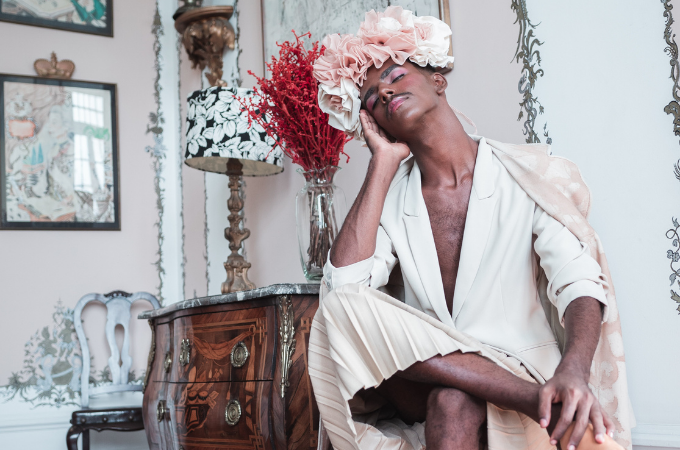
Now, it’s time for me to carve
My Ikéngà — that symbol that signifies
A man’s strength, always standing in front
Of his stronghold so that the lizards
On the wall, and the breeze that opens the
Doors, and all that walks through
Gets to know of the essence and meaning
Of the existence of the man, even without
Getting to know him; even without
Meeting at all.
How do I carve my Ikéngà?
How do I make the masculinity of
Amadiọha, that racer that comes in flashes
Of white lights, accompanied by shouts and
Rumblings and tumblings, to reflect the
Feminity and beauty of the goddess Anị,
Whose beauty many have drowned in, and
Many still jump into?
Men who’re ready to see Anị, in Amadiọha.
Men who swim against the tides of hate.
Now, I ask not how to carve thee, O wonderous
Ikéngà, the wooden diamond that shines, and
Speaks and shouts. I’ll no longer dress you in blue
Instead of that hue when people say “boys don’t wear pink”.
I’ll acknowledge that I, your son, am your daughter. I’ll no
Longer try to carve out the woods on your hip to make you
Straight, creating wounds in the process. I’ll allow you to sway
That hip as you snake your way through the hatred and discrimination
That abounds in your abode; to STAND, knowing that the opposite of
Straight isn’t always curved. That a son can be a daughter.
Photo by ALLAN FRANCA CARMO from Pexels



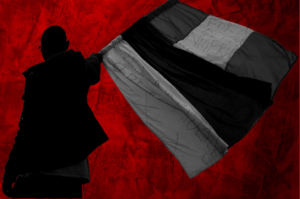
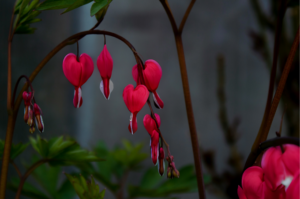
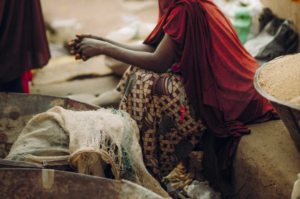
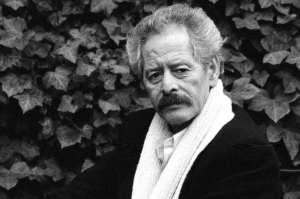
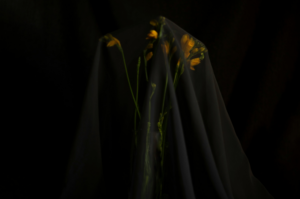


Aanuoluwapo Adesina November 14, 2021 21:46
This is a brilliant piece! Your use of imagery, metaphor and symbolism, all coalesce into a luxuriant piece of poesy!